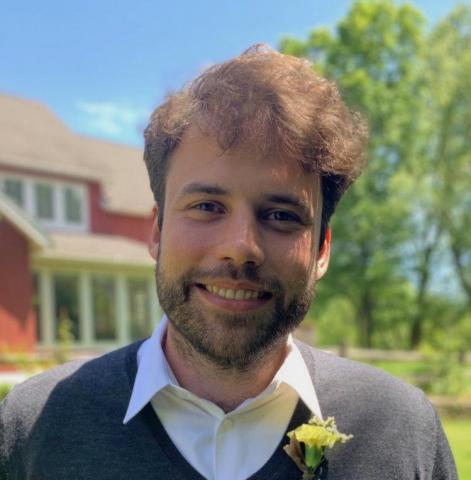Meet Our Researchers

NICOLAS WIEDER
Nicolas Wieder is a physician-scientist investigating the molecular mysteries behind metabolic disease.
Metabolic syndrome—a cluster of risk factors that increases one’s susceptibility to heart disease, diabetes, neurodegenerative diseases, and obesity—has reached epidemic levels across the globe. But there’s still a lot we don’t know a lot about the molecular mechanisms behind this disorder—making it difficult to develop therapies. Nicolas hopes to lay the groundwork for new therapies by investigating one of the most poorly understood causes of metabolic diseases: how excessive exposure to certain fats can damage cells and tissue.
Lifestyle factors like poor diet and lack of exercise contribute significantly to metabolic diseases—but we still don’t know why some populations are at a higher risk of developing these disorders than others. What we do know is that many metabolic diseases stem from the toxic buildup of free fatty acids, a process called lipotoxicty, which destroys surrounding cells and tissue. I’m wondering: can we identify the factors responsible for this harmful accumulation of fatty acids—and, in doing so, devise ways to defeat it?
For my BroadIgnite project, I will team up with the Broad’s Data Sciences Platform to systematically compare how cells from organs affected by lipotoxicity react to various fatty acids. My first step will be to screen different cell types against a library of free fatty acid compounds using L1000—a rapid, gene-expression profiling technology developed at the Broad. The unique signatures produced from these screens will identify the genes that are active in regulating cellular responses to free fatty acids. I will then combine this information with data from large-scale genomic studies to assess which genes are most strongly correlated with disease risk.
My hope is to yield insights into how both environmental and genetic risk factors come together to increase a person’s risk for metabolic syndrome. This project could also lead to a catalog of cellular responses to free fatty acids—which, in time, could accelerate the search for novel therapeutics.